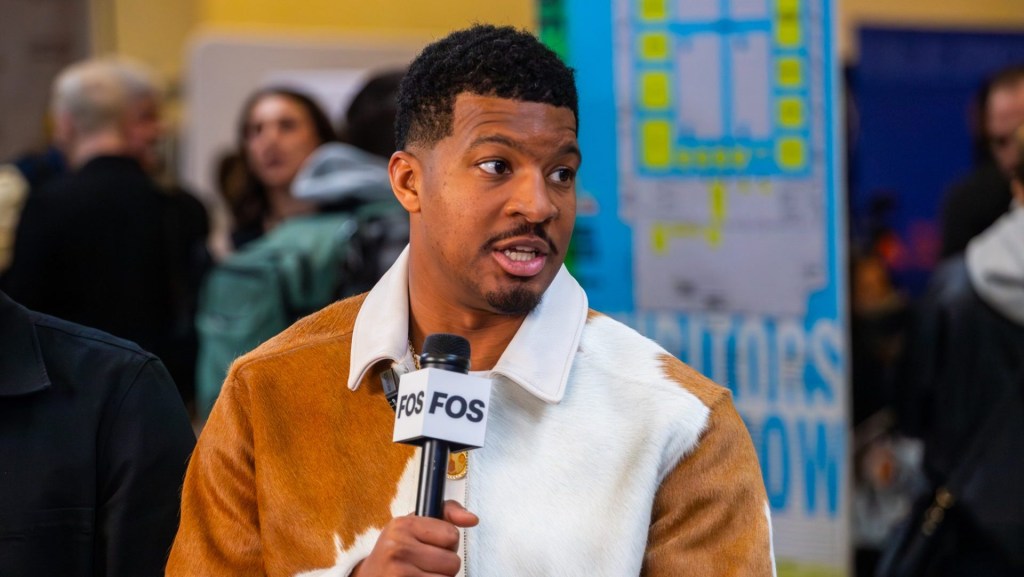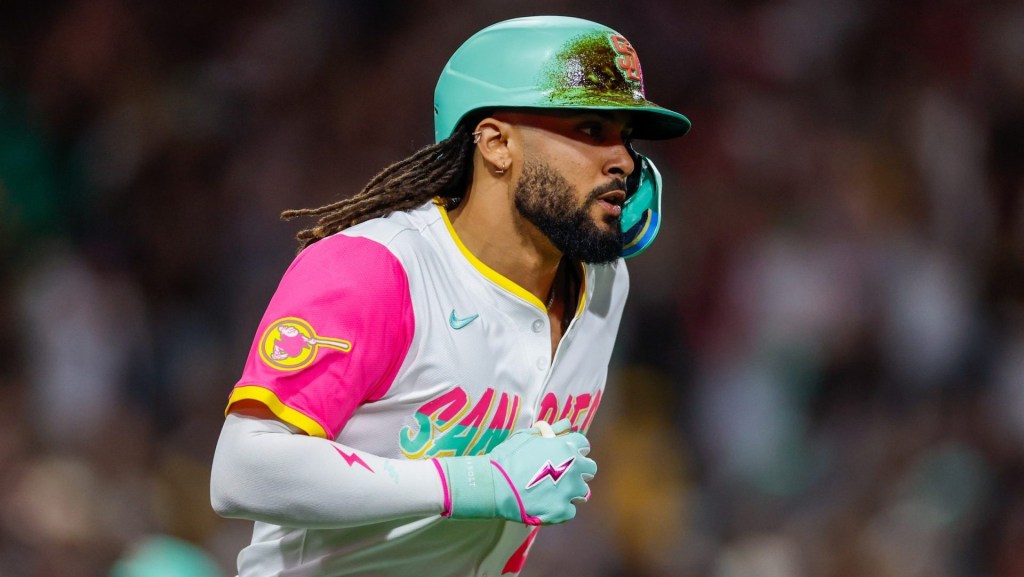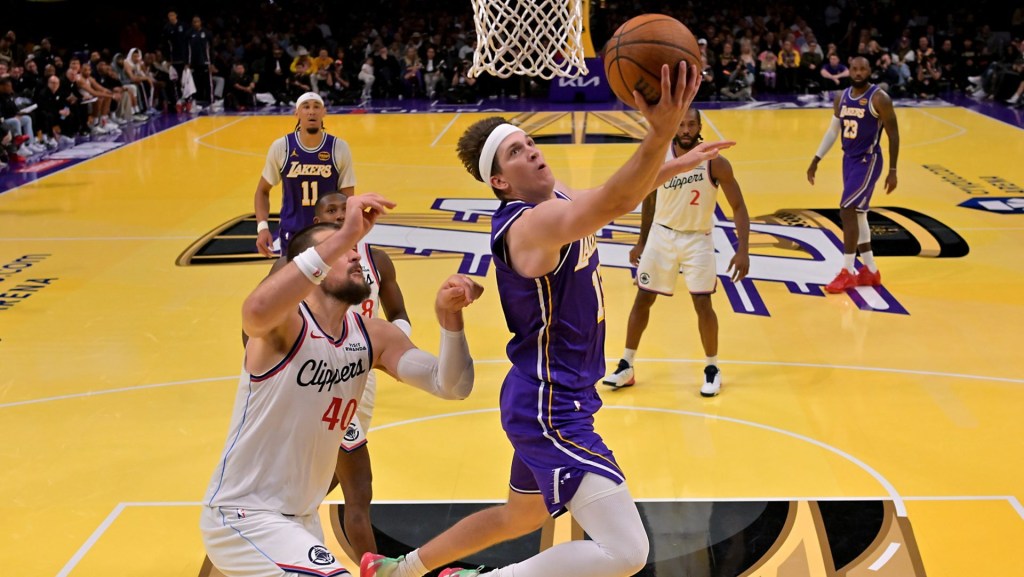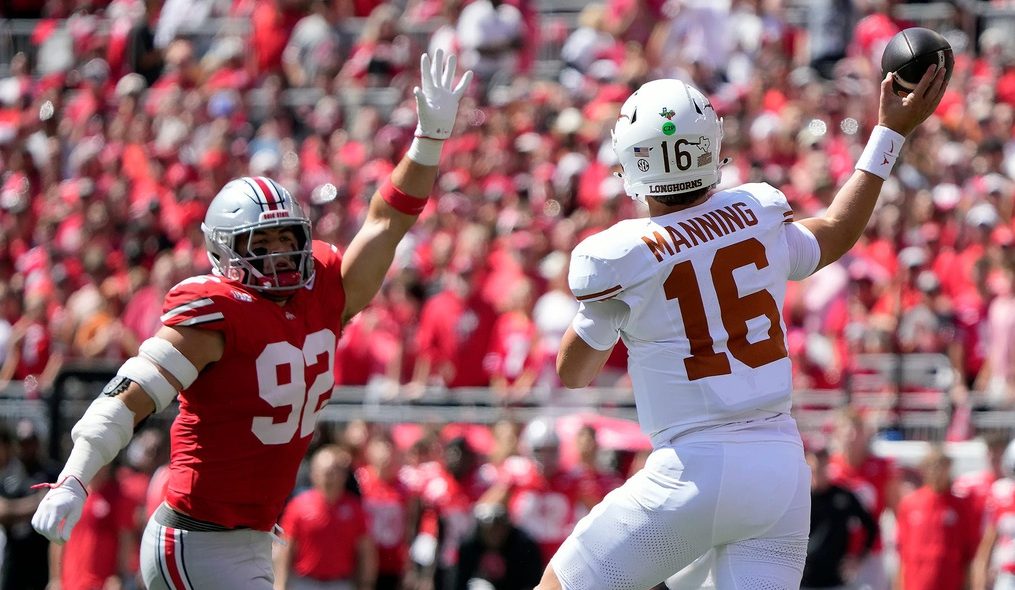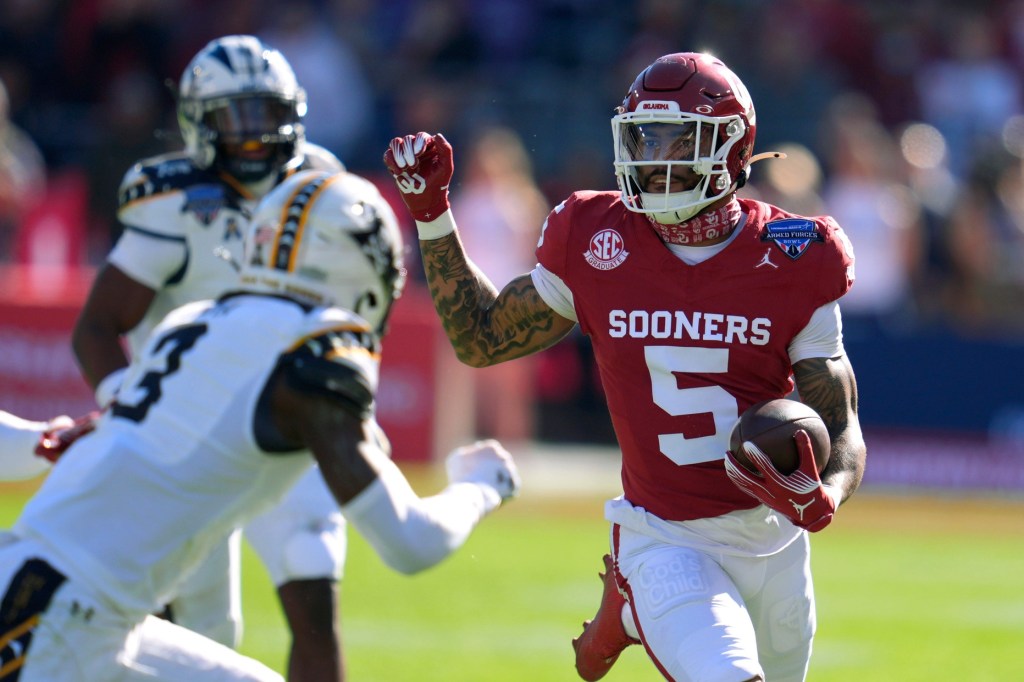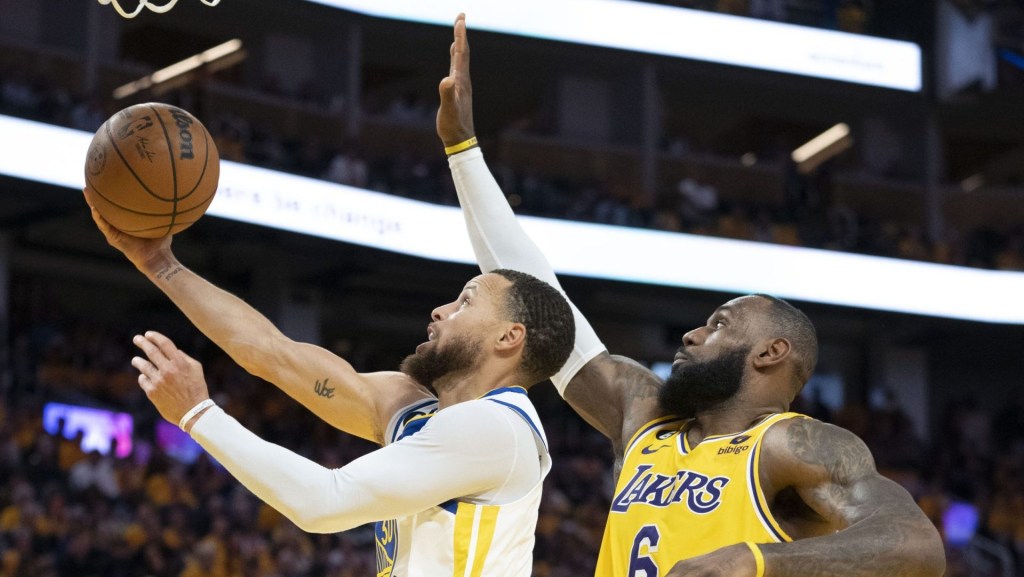By: Adam White, @FOSAdam
Front Office Sports is proud to have sat down with Anna Kovaleva, Managing Director for SportInvest. She is an alumnae of St. Petersburg Economics University where she received her degree in economics and specialization in travel industry and hotel management. She also has a MBA degree in general management from Stockholm School of Economics. She was gracious enough to provide her expertise on how to be successful in the sports industry, why a great network is key to putting on large events and how speaking more than one language can be a great benefit in the sports industry.
What were your previous positions if any prior to your current position? How did they help you get to where you are today?
I started working while still in school. I spoke fluent English, and as a student I used to work part-time as an interpreter at various international sports events, trade fairs, exhibitions, etc. By the time I graduated, I already had a job offer from a local company, which organized international power boating events in St. Petersburg and I started my work as an international relations manager. This is how I got into sports business and very soon realized this was what I wanted to do in life.
A year later I joined the company which was organizing the ATP St. Petersburg Open Tennis Tournament. That year the tournament changed its owner, so I became a part of a new company, established solely for the tournament organization. Our first tournament in 2000 went well; we were great as a team — enthusiastic, passionate, fearless and eager to achieve the best possible result.
So naturally the decision was made to expand the company’s activities to other sports. I became the Executive Director of the “St. Petersburg Open. Sports Management & Marketing” and during the next 10 years we organized over 50 high profile international sports events in tennis, beach volleyball, fencing, motor sports, sailing etc, including Handball World Championship, Fencing World Championship, FIVB World Tour in beach volleyball, FIE Grand-Prix in fencing. We were the first to bring FIM Indoor Motor-Trial Champs to Russia, which was a huge success and is now very popular here. Our flagship event — ATP St. Petersburg Open Tennis Tournament grew to US$ 1 million in prize money and gave spectators unique chances to see Andre Agassi, Gustavo Kuerten, Marat Safin and many other top 10 players.
Over the years I accumulated huge experience in events planning and production, marketing and branding, PR and promotion, sponsorship and ticket sales, along with in-depth knowledge of different sports. From time to time I got requests for consultancy services, so eventually I felt it was time to set up my own company. In 2012 I started SportInvest Agency which offers its services to event organizers, rights holders, agencies, venues and brands.
What is the average day like for a person in your position? What are the day to day challenges?
When there is no event going on, the day would usually consist of communicating a meeting with current or prospective sponsors and partners, financial planning, preparing presentation materials and reports.
What is your favorite part about working in the sports industry?
Every event is different, every time you have a chance to introduce something new, to make it stand out. Sports business is very competitive nowadays; you have to offer a really unique product to the spectators, sponsors and television. This work is never a routine and its daily challenge makes it so appealing.
On top of that I enjoy working in the international, multicultural environment and in this business you get to meet many people, learn new things and travel all over the world.
How do you see sports marketing changing over the next few years? What changes would you like to see occur?
I hope this industry in Russia will recover after the consequences of the global economic recession, and the companies will resume investing in sports other than football, sponsoring events and athletes. Besides I am very much hoping that companies would change their attitude towards sports sponsorship and start integrating it into their marketing campaigns, using the event as the leverage in promoting brands and services and reaching the customers. Currently it is more based on the “leftover principle”, meaning that they spend on sports what’s left of the promotional budgets after paying for traditional media advertising.
What is your ultimate career goal?
I would like to go on working in the sports event management and organize events that combine professional sports competitions and exciting shows, creating unique entertainment products attractive for fans, spectators and television. My other passion is tennis, so ideally it should also be a part of the business.
How important is networking in your eyes?
Our business requires a lot of planning and communication — with partners, sponsors, rights holders, sub-contractors etc, — so building a network of contacts is of vital importance. Maintaining business relationships and expanding your network is as critical as any other aspect of sports marketing.
What is the best career advice you’ve been given so far?
I like what Richard Branson once said — “A business has to be involving, it has to be fun, and it has to exercise your creative instincts.” I think it perfectly describes the attitude one should have to succeed in the sports business.
What is it like being a female in a very male dominated industry? Was it harder or easier to find a job? What are some of your tips for women looking to try and make it into the sports industry?
Sports business is indeed male dominated, but so are sports.
So far I was lucky to have never experienced any discrimination, and I would prefer to believe that it is all about one’s professionalism and expertise rather than gender to be successful in a certain field.
What has been the highlight of your career to this point?
Luckily there were many — bringing Indoor Trial World Champs to Russia for the first time and turning it into a successful event, getting 5 ATP Awards of Excellence in various nominations for the tennis tournament organization, receiving an honorary medal from the FIE President for the contribution into the sports of fencing.
You speak multiple languages. Do you think it is important for people who want to succeed in the sports industry to learn other languages?
Speaking a foreign language is obviously helpful in various situations, and in sports business which is so global and international the ability to speak other languages gives you a huge advantage and opens many doors.






![[Subscription Customers Only] Jun 15, 2025; Seattle, Washington, USA; Botafogo owner John Textor inside the stadium before the match during a group stage match of the 2025 FIFA Club World Cup at Lumen Field.](https://frontofficesports.com/wp-content/uploads/2026/02/USATSI_26465842_168416386_lowres-scaled.jpg?quality=100&w=1024)
![[Subscription Customers Only] Jul 13, 2025; East Rutherford, New Jersey, USA; Chelsea FC midfielder Cole Palmer (10) celebrates winning the final of the 2025 FIFA Club World Cup at MetLife Stadium](https://frontofficesports.com/wp-content/uploads/2026/02/USATSI_26636703-scaled-e1770932227605.jpg?quality=100&w=1024)
